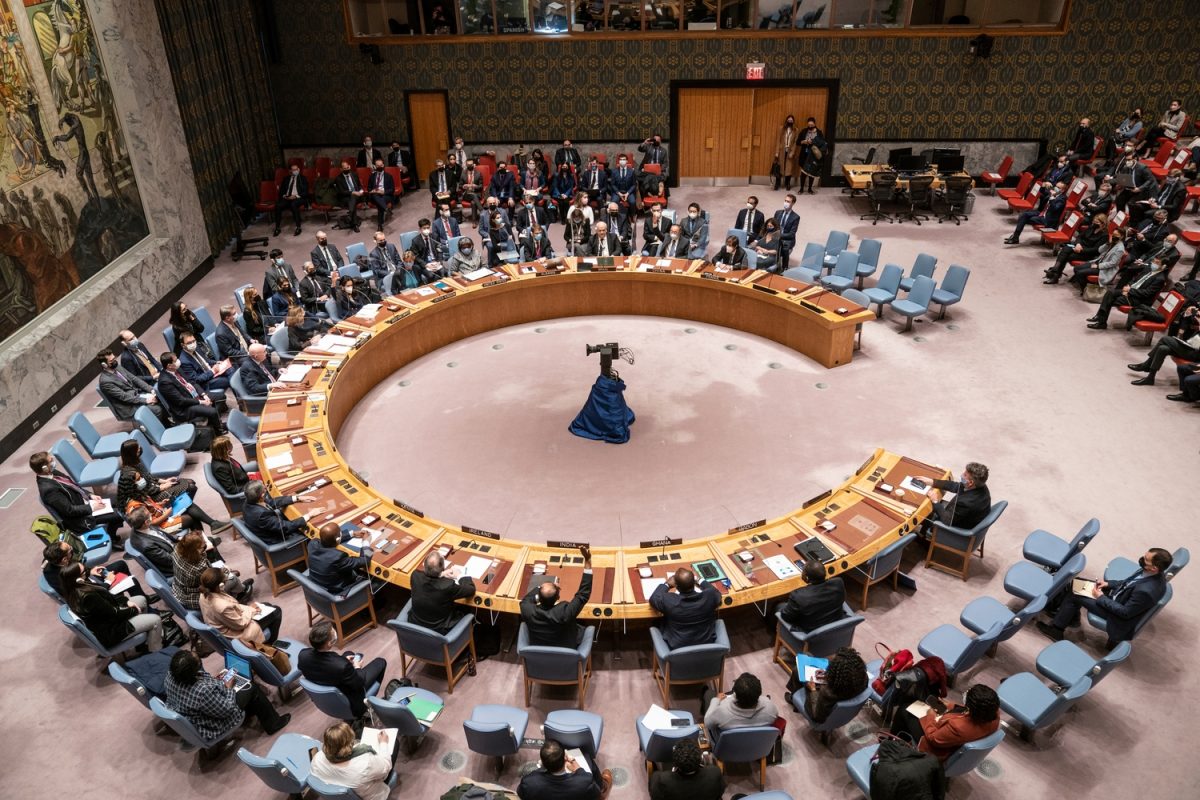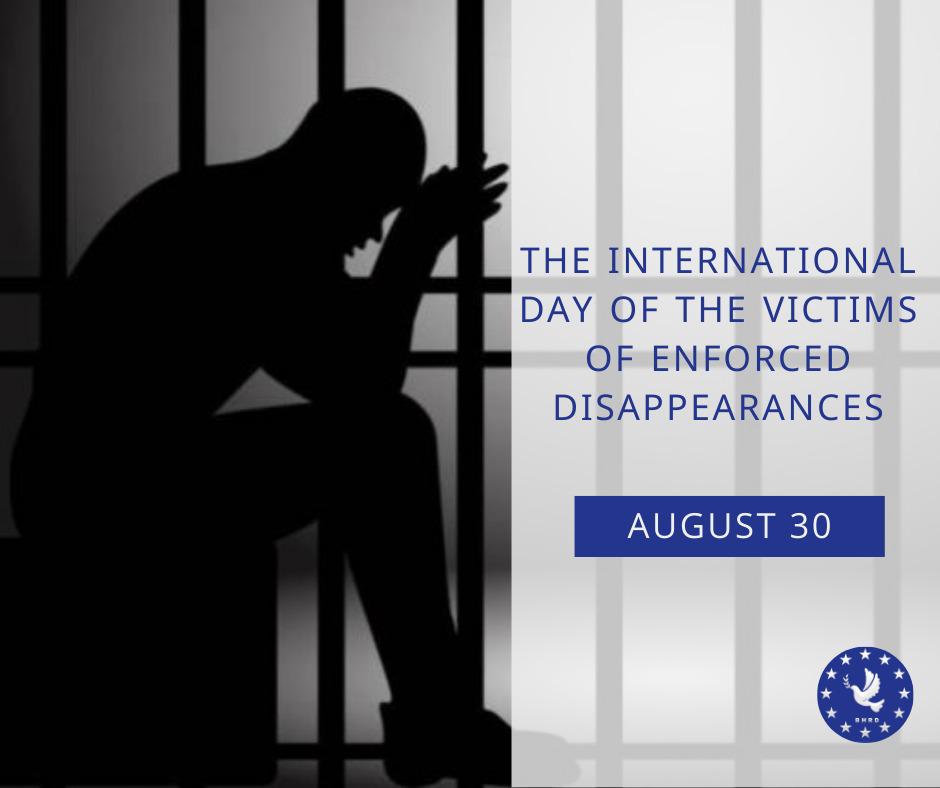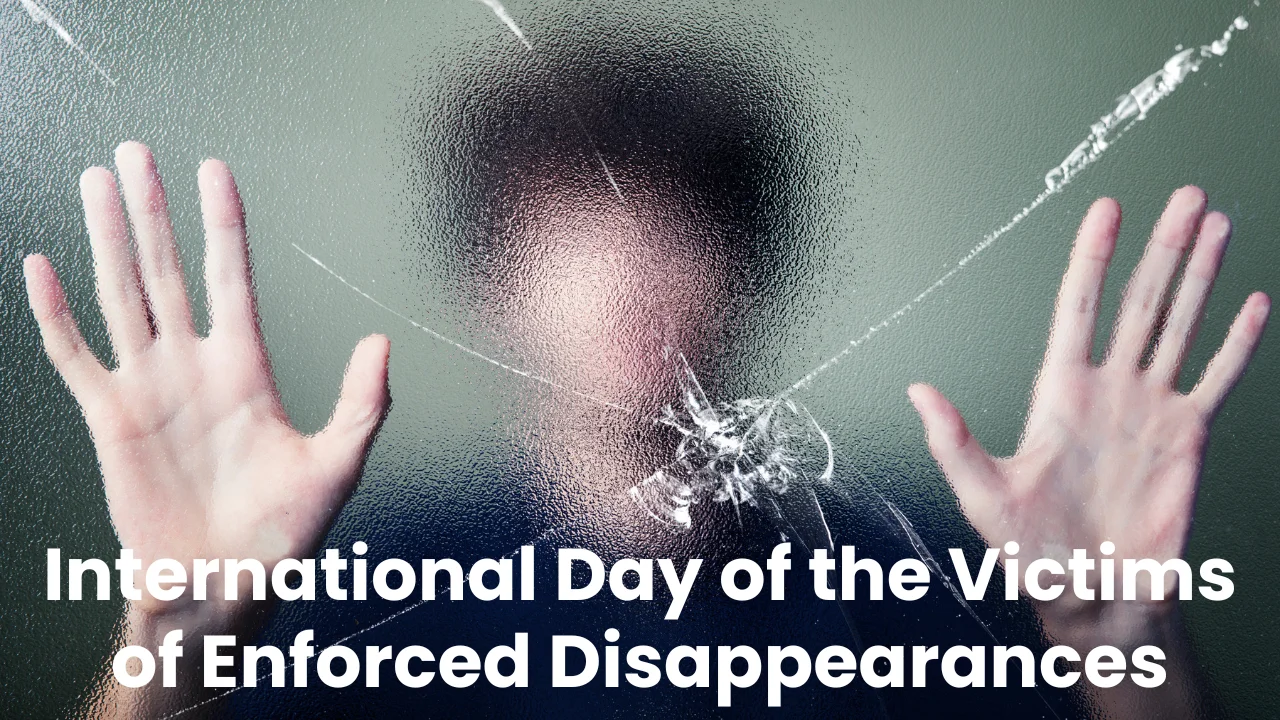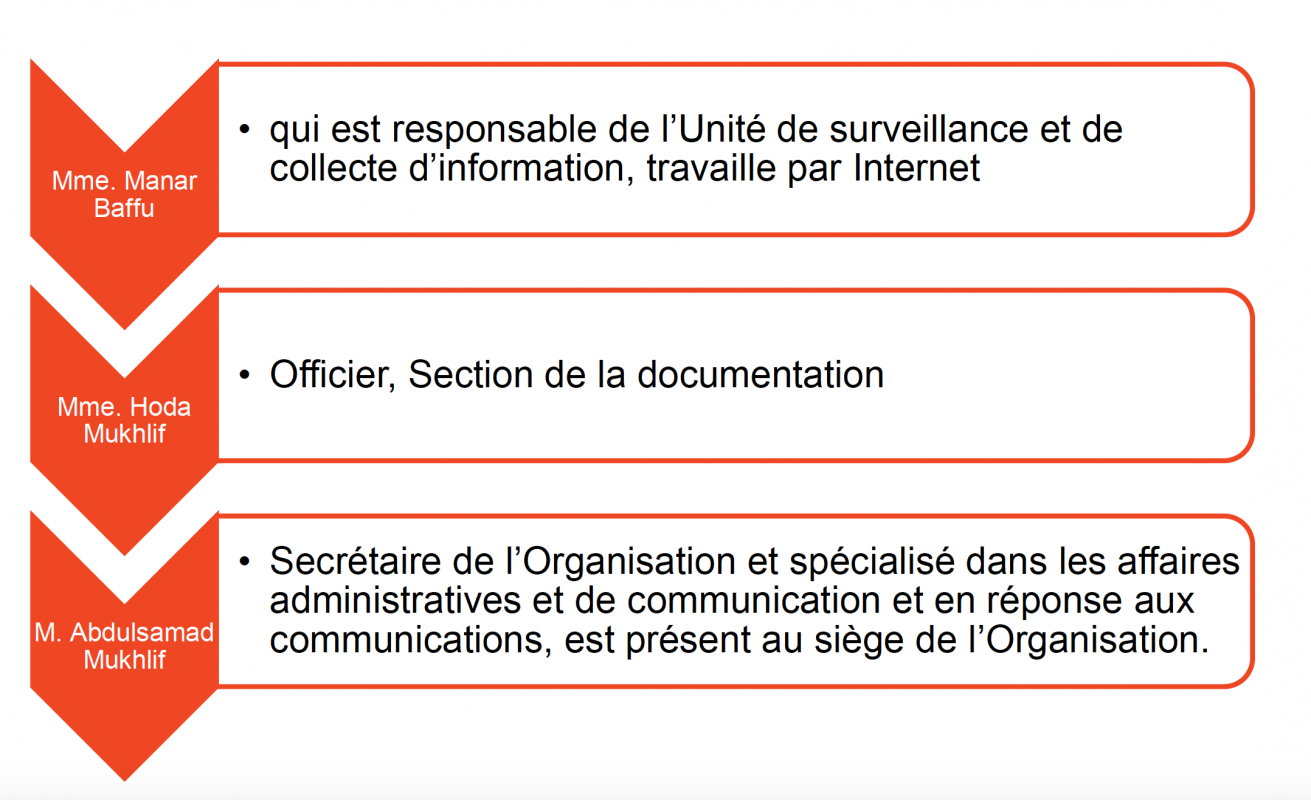As “Brussels for Human Rights and Development,” we appreciate the European Commission’s efforts to tackle greenhouse gas emissions from the shipping sector. The draft initiative concerning the reporting of aggregated emissions data at the company level and the determination of emissions data by relevant administering authorities is a promising step toward transparency, accountability, and emissions reduction in this crucial industry. In our role as advocates for human rights, environmental sustainability, and climate action, we’d like to offer detailed feedback to strengthen and improve this initiative:
1. Clarity and Specificity:
We believe that the draft initiative could benefit from greater clarity and specificity regarding the data elements that shipping companies should report. Well-defined guidelines are essential to ensure that reporting is consistent across the industry, leading to more accurate emissions assessments and supporting the transition to a greener maritime sector.
2. Alignment with International Standards:
Considering the global reach of the shipping industry, it’s essential that the proposed rules align with international standards and agreements. We recommend close collaboration with international bodies, such as the International Maritime Organization (IMO), to ensure that EU regulations complement and reinforce global efforts to combat emissions from shipping. This alignment will prevent duplication of efforts and promote a unified approach to emissions reporting.
3. Data Accuracy and Verification:
We believe that the initiative should place a strong emphasis on data accuracy and verification mechanisms. It’s crucial to establish robust procedures for verifying emissions data to ensure that the reported information is credible and reliable. The inclusion of provisions for third-party verification could significantly enhance the trustworthiness of the data.
4. Flexibility and Adaptability:
Recognizing the diverse nature of the shipping industry and the different operational profiles of shipping companies, we suggest allowing flexibility in reporting requirements. Tailoring reporting criteria to accommodate various vessel types, sizes, and operations is essential to ensure that compliance remains feasible and effective across the sector.
5. Correction of Emissions Data:
While it’s important for administering authorities to have the capacity to correct emissions data in specific situations, we urge the establishment of clear and transparent guidelines. It’s paramount to have mechanisms for oversight and accountability in place to prevent any misuse of this authority. Additionally, a robust mechanism for appeals and dispute resolution should be introduced to ensure fairness and protect stakeholders’ rights.
6. Data Privacy and Confidentiality:
Emissions data may contain sensitive business information, trade secrets, and commercially confidential data. To address these concerns, the initiative must find a balance between transparency and the protection of sensitive information. We recommend implementing safeguards and encryption measures to secure commercially sensitive data.
7. Public Access to Data:
While preserving data privacy and confidentiality, we believe the initiative should ensure public access to aggregated emissions data. Providing relevant emissions data to the public can play a crucial role in raising awareness and accountability within the shipping industry. However, safeguards should be in place to prevent the misuse of data for competitive or harmful purposes.
8. Capacity Building and Support:
To ensure effective implementation, we recommend including provisions for capacity building and support for both shipping companies and administering authorities. Technical assistance, guidance, and training should be made available to enhance understanding and compliance with the regulations.
the draft initiative for reporting aggregated emissions data for shipping companies is a commendable step toward mitigating the environmental impact of the maritime sector and aligning with climate action goals. By addressing the feedback provided, we believe that the initiative can be further refined to strike the right balance between specificity, harmonization, flexibility, accountability, and data protection. This balanced approach will be instrumental in achieving the overarching objectives of emissions reduction and climate action, while respecting the rights and interests of all stakeholders involved. We stand ready to collaborate and engage in the finalization of this significant initiative and its subsequent implementation for a more sustainable and environmentally responsible shipping industry.
Feedback on the European Commission website
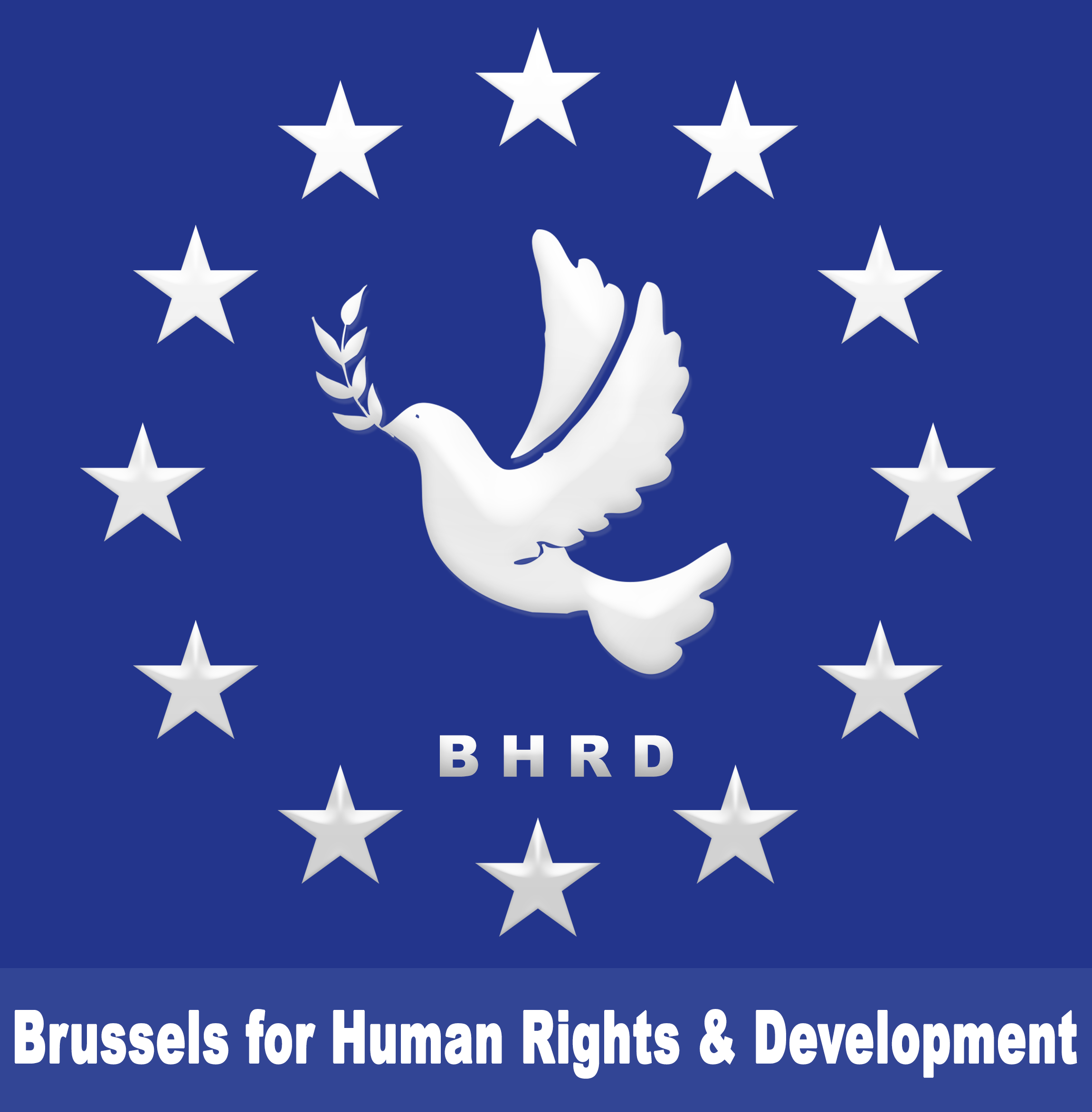

 العربية
العربية